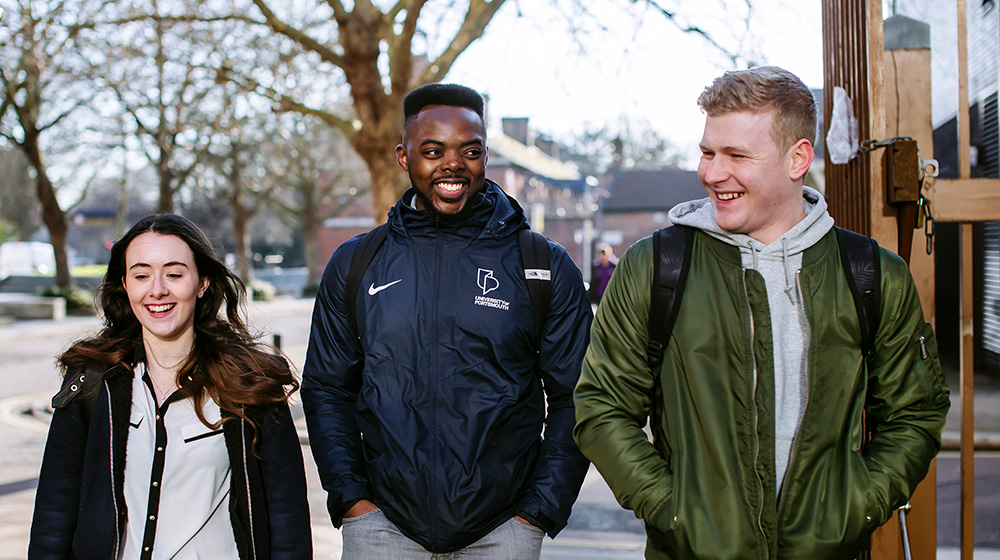- ...
Masters Compare - Find your perfect masters course.

Serena Cunsolo: My research will contribute to a better understanding of how efficiently different types of wastewater systems remove microplastics
 PhD student Serena Cunsolo takes us on a personal journey through her research into the environmental impact of plastic pollution; the formative experiences that shaped her passions; and her vision for the future of our rivers and oceans.
PhD student Serena Cunsolo takes us on a personal journey through her research into the environmental impact of plastic pollution; the formative experiences that shaped her passions; and her vision for the future of our rivers and oceans.
Since I was a child I have been passionate about the environment and its protection.
I was raised in Sicily, Italy and I am grateful that my parents instilled in me the importance of respecting nature and the world we live in.
My curiosity to understand how biological processes work and explore disciplines such as genetics, microbiology and ecology led me to undertake my undergraduate studies in Biology at the University of Catania (Italy). Living by the sea triggered a profound interest in the underwater world, which led me to specialise and pursue a Master’s degree in Marine Biology at the University of Bologna (Italy).
During my postgraduate studies, I was awarded an Erasmus+ grant to study abroad and complete my Master’s thesis in Aquatic Microbiology at the University of Amsterdam. I investigated the impacts of global warming and high CO2 concentrations on a freshwater microbial species.
Through my academic studies I have gained substantial knowledge of both fresh and saltwater ecosystems. I have volunteered for and worked on various conservation projects for the protection of aquatic species in the Mediterranean, such as the bottlenose dolphin and the endangered loggerhead sea turtle. These experiences and opportunities deepened my interest in environmental protection and, specifically, plastic pollution in aquatic ecosystems which I have been researching since 2015.
In 2015 joined The Ocean Cleanup Foundation, a Dutch organisation whose goal is to develop advanced technologies to intercept and extract plastic litter from the oceans. At the beginning, I went on a research cruise to collect and quantify surface plastic particles of different sizes in the North Pacific Ocean, where the so-called Great Pacific Garbage Patch of 1.6 million Km2 represents the largest offshore plastic accumulation zone. It was deeply uncanny to see so many plastic items floating in such a remote area, but with no dense collection of garbage at the sea surface, as is often described by media.
This unsettling finding made me realise the dreadful impact that land-based sources of microplastic pollution have on our aquatic ecosystems, as oceans represent a final sink for microplastic particles. This, together with limited research data on land-based microplastics, triggered my interest in doing a PhD to investigate one of the most relevant terrestrial pathways of microplastic emissions into the environment: wastewater treatment plants.
Microplastics that have been found in sewage include microbeads, present in personal care products and cosmetics, tyre particles which are generated from the abrasion of car tyres against the road when driving and, most importantly, microfibres that come off our clothes during washing.
Owing to their small size, these microplastic particles make their way into wastewater systems because they bypass the filters present in water treatment, eventually ending up in rivers and oceans. The major environmental concern related to microplastics is that these particles act as a vector for contaminants (e.g. persistent organic pollutants) found in the environment, that could be absorbed from the surface of microplastics.
Another category of pollutants is chemicals already present on plastic because they have been added during the manufacturing process (e.g. flame retardants) that could leachate from the microplastic itself. In certain conditions, after the ingestion of microplastics by aquatic life, these chemicals could potentially be released into the organisms. The concentration of these toxins could then increase up the food chain as a result of the trophic transfer from one level to the next. More scientific evidence is needed to establish the extent of the ecological risk.

Master’s study opportunities at the University of Portsmouth Courses to help you go further We’re as ambitious for your future as you are...